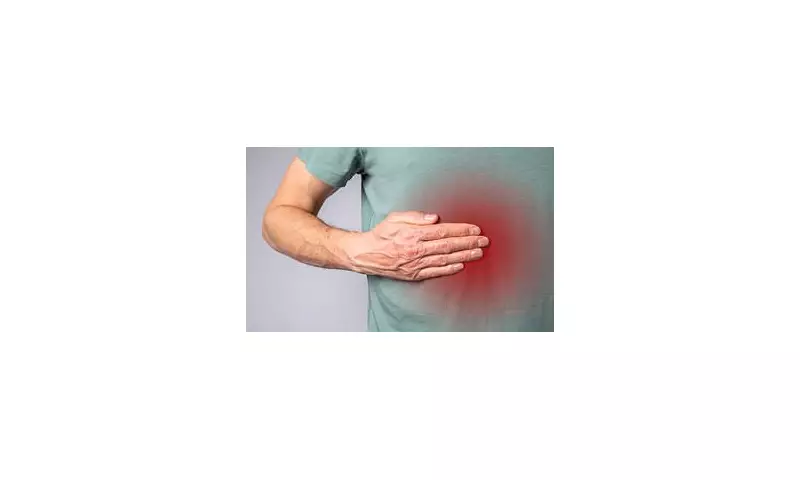
In a crucial health alert that could save lives, one of Britain's leading GPs has revealed the seven 'red flag' symptoms that should never be ignored and warrant immediate medical attention.
Dr Rachel Ward, a respected Oxfordshire-based general practitioner, is urging the public to recognise these warning signs that could indicate serious underlying conditions ranging from cancer to neurological disorders.
The Critical Warning Signs You Must Know
Unexplained Weight Loss: "Losing weight without trying is one of the most significant red flags," Dr Ward emphasises. Shedding pounds without dieting or increased exercise could indicate various serious conditions including cancer, thyroid issues, or digestive disorders.
Persistent Pain: Any pain that continues for more than four weeks without improvement requires professional investigation. "Don't just reach for painkillers and hope it goes away," warns Dr Ward.
Changes in Bowel Habits: Alterations lasting more than six weeks could signal bowel cancer. Blood in stools, persistent diarrhoea, or constipation all warrant immediate GP consultation.
Unusual Lumps or Swellings: Any new lump that persists for more than two weeks, especially in breast, testicle, or lymph node areas, must be examined promptly.
Moles That Change: The ABCDE rule applies here - look for Asymmetry, Border irregularity, Colour changes, Diameter increase, and Evolution or change over time.
Severe Headaches: Particularly those that differ from your usual pattern, worsen when lying down, or are accompanied by vision changes or nausea.
Chest Pain or Breathlessness: Any unexplained chest discomfort or breathing difficulties could indicate heart or lung conditions and require urgent assessment.
What NOT to Do When Symptoms Appear
Dr Ward strongly advises against relying on internet searches instead of professional medical advice. "Dr Google often provides worst-case scenarios that cause unnecessary anxiety while potentially delaying proper diagnosis," she cautions.
Equally important is avoiding the temptation to dismiss symptoms as 'just getting older' or 'probably nothing.' Early detection dramatically improves outcomes for most serious conditions.
When to Seek Immediate Help
While many symptoms can wait for a GP appointment, Dr Ward identifies specific scenarios requiring emergency care:
- Chest pain with sweating and breathlessness
- Sudden weakness or numbness on one side of the body
- Severe abdominal pain that persists
- Sudden vision changes
- Difficulty speaking or confusion
"Your GP wants to see you with these symptoms early," Dr Ward stresses. "We would much rather investigate a symptom that turns out to be nothing serious than see a patient too late for effective treatment."
With NHS waiting times remaining challenging, Dr Ward acknowledges patient frustrations but insists: "Persist with seeking medical advice if you're concerned. Your health is too important to ignore potential warning signs."





